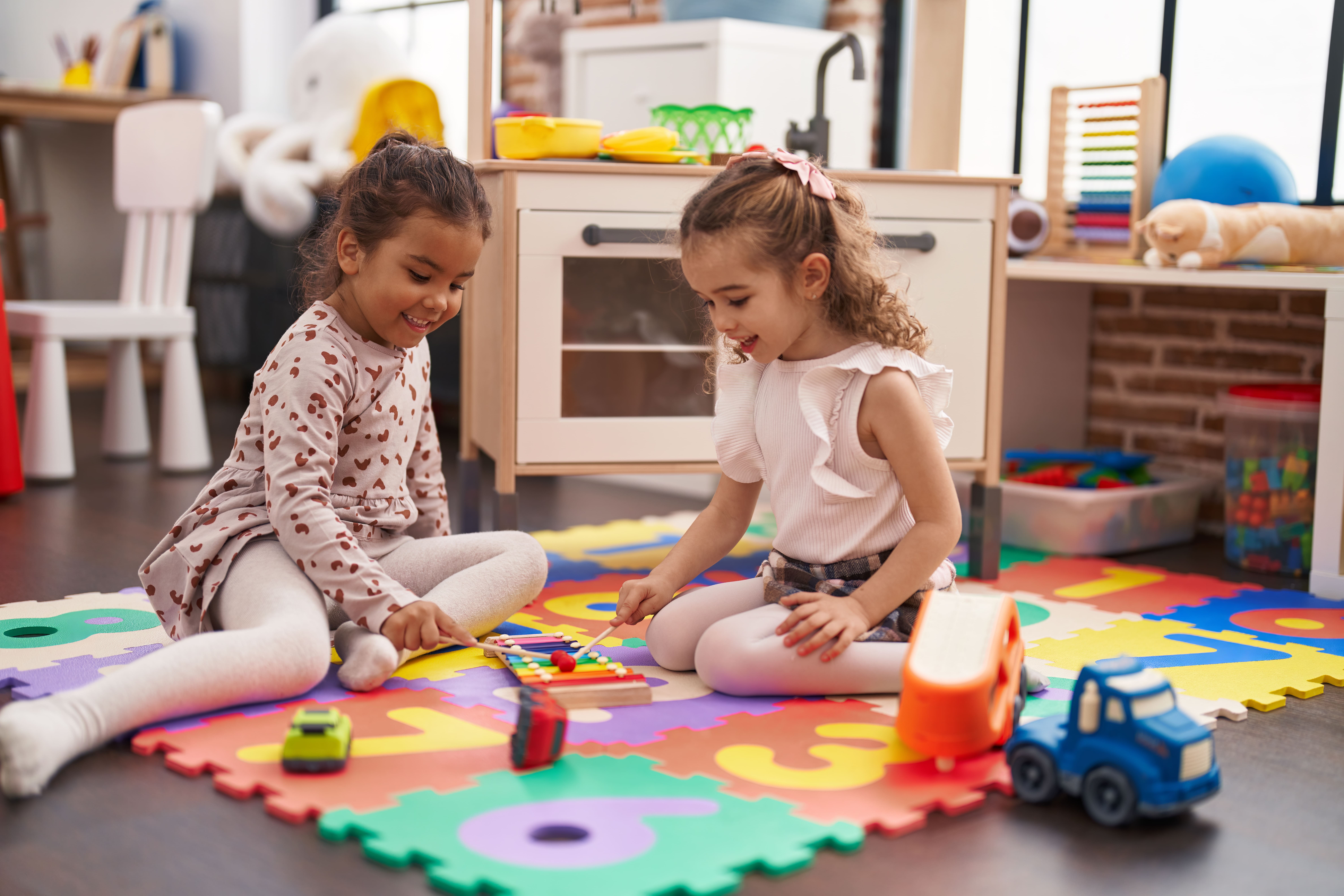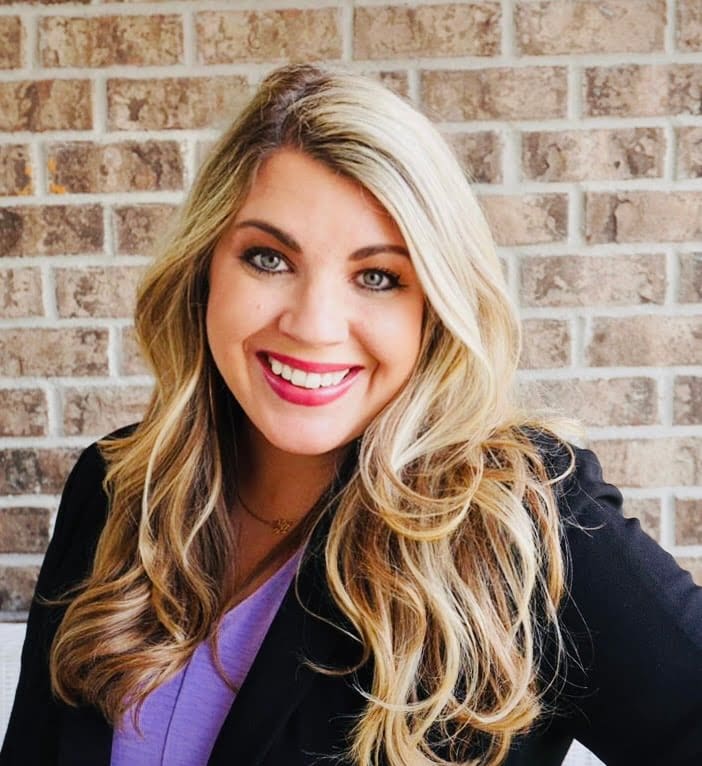Teachers: Advocates for Play
Please know that teachers advocate for play. Most educators have a heart for children, outside of learning. They care about them and want them to enjoy school, have a great day, and be healthy and happy individuals. Unfortunately, teachers don’t often have the final say in curriculum or state testing standards. However, they know that play is good for not just the mind and body, but it is beneficial for their students’ precious souls.
In short, teachers are just trying to do their jobs and adhere to the guidelines they have to follow, which is why many are leaving the classroom. School districts and administrators give teachers a set curriculum to follow, and teachers are not actively participating in creating that curriculum. However, teachers can still find ways to implement play within these confines, and often do. However, under current circumstances, this can be challenging. It’s not just teachers and parents who feel this way; research also supports the crucial role of play in fostering a love for learning
Facts Are Our Friends
Recent studies defend the idea that play-based learning is ideal for Kindergarten students. In the study “The Power of Play: A Research Summary on Play and Learning,” the author shares the following collective results: “Through play, children learn to regulate their behavior, lay the foundations for later learning in science and mathematics, figure out the complex negotiations of social relationships, build a repertoire of creative problem-solving skills, and so much more.”
Active play has plummeted 50% over the past forty years, while obesity levels and mental health struggles in children have increased aggressively. Yes, our students might look like they are accomplishing a lot on paper, but at what cost?
Play may look different for a middle schooler than an elementary student, but all students need the opportunity to move and engage in some form or fashion. Parents can also play a significant role in supporting play-based learning at home by encouraging their children to engage in physical activities, creative play, and social interactions outside school hours.
It’s Play Time
Let’s let kids be kids. Children need time to imagine, play, create, be curious, read, write, dream, explore, and discover. Children need time. Without that time, they will become anxious, agitated, fearful, worried, nervous, restless, apprehensive, and uneasy. Does that sound familiar?
Let’s give them some time and see what happens.





